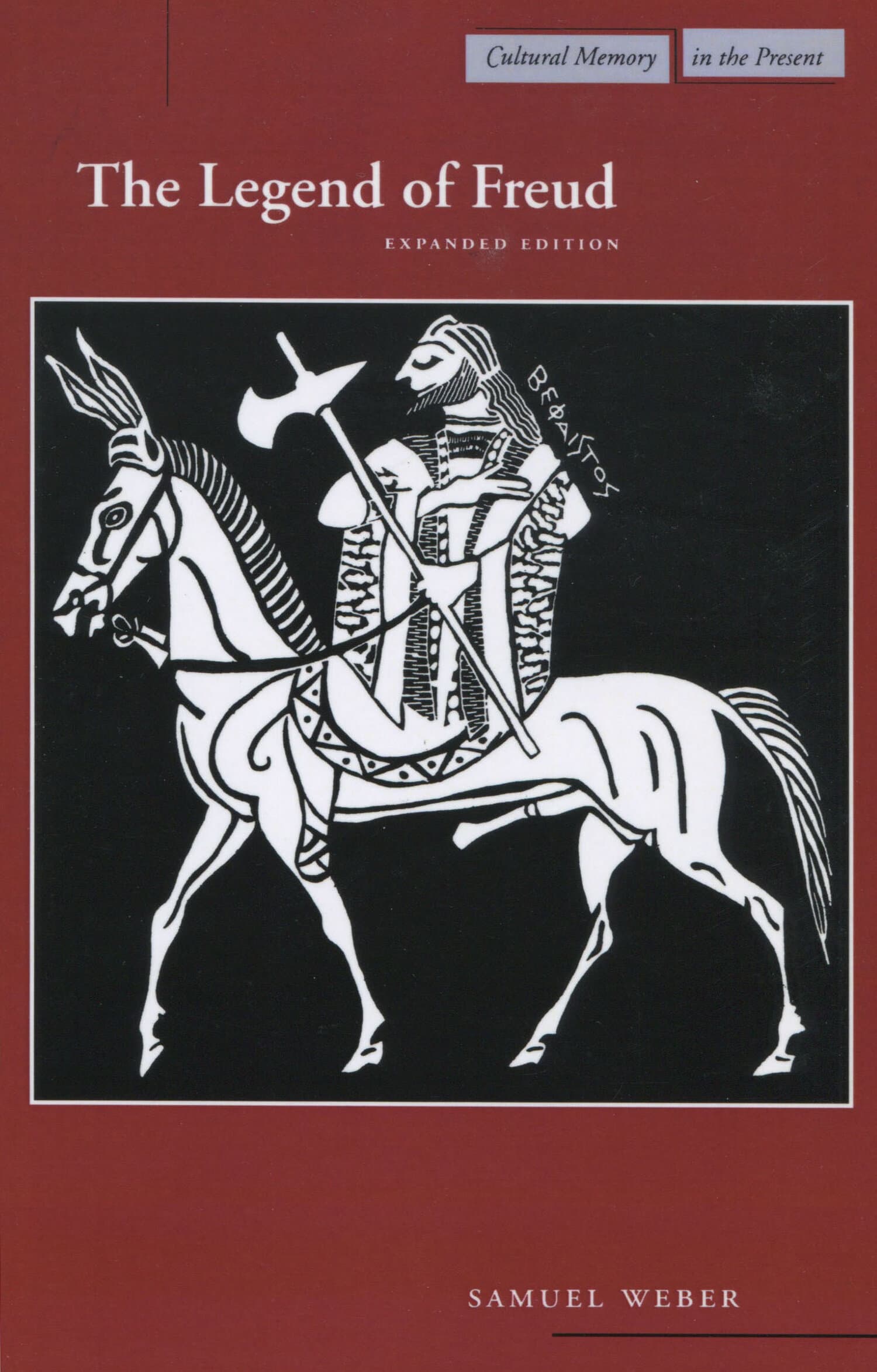The Max Weber Dictionary

Max Weber is one of the world's most important social scientists, but he is also one of the most notoriously difficult to understand. This revised, updated, and expanded edition of The Max Weber Dictionary reflects up-to-the-moment threads of inquiry and introduces the most recent translations and references. Additionally, the authors include new entries designed to help researchers use Weber's ideas in their own work; they illuminate how Weber himself thought theorizing should occur and how he went about constructing a theory.
More than an elementary dictionary, however, this work makes a contribution to the general culture and legacy of Weber's work. In addition to entries on broad topics like religion, law, and the West, the completed German definitive edition of Weber's work (Max Weber Gesamtausgabe) necessitated a wealth of new entries and added information on topics like pragmatism and race and racism. Every entry in the dictionary delves into Weber scholarship and acts as a point of departure for discussion and research. As such, this book will be an invaluable resource to general readers, students, and scholars alike.
"What an impressive undertaking! This will be an important resource to anyone interested in Max Weber's work for years to come."—Mustafa Emirbayer, University of Wisconsin, Madison
"The Weber dictionary will be an indispensable source of reference for social scientists. It will contribute to a much better grasp of Weber's extensive writings."—Sam Whimster, editor of the Journal for Max Weber Studies
"This is an expert work of scholarship on the most complex and difficult of the great classic sociologists. With this dictionary, Richard Swedberg and Ola Agevall clarify Weber's key concepts and their textual sources, and display his wide-ranging connections to past and present."—Randall Collins, University of Pennsylvania
"Richard Swedberg and Ola Agevall manage ot shine a bright light into this thicket of concepts, theories, and interpretive debates. [The Max Weber Dictionary] pays close attention to the specificity of the linguistic, cultural, and historical contexts of Weber's writing and reception.The present book is therefore more akin to a commentary on Weber's writing and Weber scholarship than a "dictionary" in the narrow sense."—George Steinmetz, The Journal of Modern History




